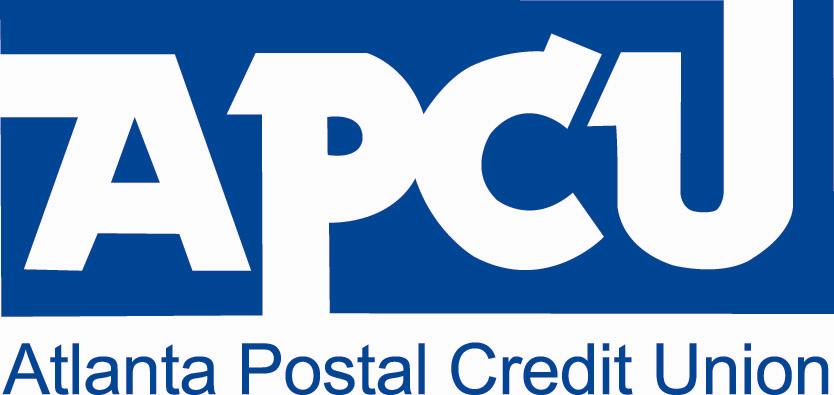|
The End (For Now) of Non-cancellable Space for GSA Customer Agencies
By Ron Kendall, NFDA Executive Chairman and Chad Becker, Arco Real Estate Solutions & NFDA Board Member
GSA has recently implemented a new policy that could well have a pronounced effect on the firm term of new leases. It may now come to pass that end-user agencies of space ask for much shorter lease terms when they present PBS with their letters of continuing need. Why is this? Some explanatory background will help clarify the matter.
Since the Public Buildings Amendments of 1972, which mandated that federal agencies pay GSA “commercially equivalent” rent for the space they occupy, the Public Buildings Service, the central space management agency of the US Federal Government, has, with some exceptions, always accorded agencies the right to relinquish space---and stop paying rent--- upon 120 days’ notice. PBS, in the late 1990s, reaffirmed the right of tenant agencies effectively to “cancel” space on 120 days’ notice when it substantially re-engineered its space pricing policy. At that time, the re-engineered pricing regime changed several things, two of which are relevant to this discussion: 1) for leased space, it migrated the pricing of the space for the end-user agency from an appraisal basis to a pass-through of the actual cost of the underlying lease contract that PBS had executed with the private sector landlord, (plus a small transaction fee for PBS), and 2) it mandated that tenant agencies sign an “Occupancy Agreement” (OA) for each space assignment (federally owned or leased) which detailed the conditions and terms of the tenancy, including what the rent would be. The default setting for most OAs was that agencies could vacate quickly---with as little as 120 days’ notice—and leave GSA either to find a backfill tenant, buy out the lease, or simply shoulder the cost of the vacant space. Historically, vacancy in federally leased space was less than 4% overall. (GSA subsequently modified the space cancellation policy to be available only from the second lease year onward.)
PBS is now pivoting to a new default setting in the OA terms, whereby, for leased space, agencies will not be accorded the right to cancel space, at least during the firm term of the lease. This new policy is a byproduct of significantly reduced space demand, most likely a consequence of the COVID-19 Pandemic. Sustained work-from-home has evidently brought Federal managers across government to the collective realization that they can execute their missions without all or most of their workers being present in the office for large swaths of time. Consequently, GSA customer agencies are relinquishing space, and GSA is left holding the proverbial “bag”: having to pay private-sector landlords rent for the space but not having the off-setting income from a federal end-user agency.
We have no definitive data on the degree to which agencies have relinquished space to GSA, but the firm F. D. Stonewater, late in 2022, prepared a report discussing “shadow vacancy” in the National Capital Region, which they estimated to be 7.9 million square feet. Shadow vacancy represents instances in which space is under lease to GSA, but the end-user agency has vacated or plans to vacate the space. It is termed “shadow” because it is not tracked by the commercial market as vacant since it is still under lease, but it is nonetheless vacant, and the presence of this empty space speaks to a greater softness in the market than what can be gauged by conventional vacancy rates. In the aftermath of COVID-19 and a nearly two-year period in which many federal employees worked primarily from home, federal space relinquishment has clearly accelerated.
GSA’s new policy of withholding from agencies the right to relinquish space on short notice, by labeling the space “non-cancellable” in the Occupancy Agreement, is likely to give some agencies pause. Federal agency budget managers largely think and act within a framework of annual appropriations. They don’t typically make commitments for programs and expenditures beyond what budget resources they have on hand. The PBS policy for the last 50 years of allowing agencies the right to cancel space on 120 days’ notice took away the worry for agencies when committing to GSA to occupy space. With this PBS policy change, that worry is now back.
For several agencies, including the IRS, SSA, and USDA, but possibly others, we believe this new PBS policy will “chill” agencies’ receptivity to long firm-term leases. We also believe it is a mistaken policy for three key reasons: 1) since it does not apply to existing space assignments but rather new leases or lease renewals/extensions, it doesn’t (and can’t possibly) remedy the vulnerability of the current leased portfolio; 2) on a go-forward basis, both PBS and tenant agencies are already wise to the reduced need for space (borne of the COVID-19 lessons of sustained Work-From-Home) and are already shrinking the size of their space requests when new leases are in the formative stages, so arguably the policy is not needed for these de novo projects; 3) it will reduce PBS fee income at the same time that it generates more work for PBS. (The PBS fee added to the lease contract value is lower for non-cancellable space than for cancellable space, and yet if agencies opt for shorter lease terms, the cadence for lease renewals will quicken.)
Lastly, other things being equal (although they are not), if there is any currency to the notion that federal credit is best leveraged for lower rental rates on long firm-term leases, then migration to shorter firm-term leases will possibly mean higher rental rates. On this last point, due to overall decreased demand, office markets, in general, are presently in a mild recessionary pattern, so this last risk is debatable, and it is why we did not include it among the three reasons cited above.
The consequence for NFDA members who own properties leased to the government is that lease firm terms may shrink. We do not see much opportunity for lessors to change this trajectory: lessors generally do not interact directly with the end-user agencies on lease contract formation—the lease is between GSA and the lessor. The best hope is for GSA to recognize, in time, that this new policy doesn’t address the vulnerabilities inherent in the current lease portfolio and instead creates new challenges for PBS.
Save the Date for the 2023 NFDA National Conference from October 24-25, 2023, at the National Press Club in Washington, DC.
|


